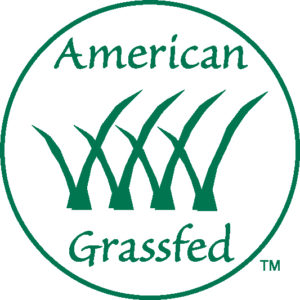Are There Really Benefits In Eating Foods That Are In Season?
We’ve all seen and heard it, “Eat what’s in season.” There must be reasons for this advice, and what is included in the statement. Is it enough to eat organic, or “grown locally”? Let’s explore the terms.
“In season” means what’s being grown at the current time, usually thought to be in your local area. It may not necessarily mean organic, but it would be easy to investigate what methods a farmer/producer uses to grow their crops if it is grown locally. Reasons for eating locally, are: freshness and higher nutritional content; taste; cost; lower energy consumption , (including a lower carbon footprint); and constant variety.
Two local restaurants which subscribe to this view are Packards and Ludivine. This trend is called “farm to table” and is really catching on throughout the U.S.
So, what’s in season, looking at each season?
- Spring: Swiss chard, spinach, Romaine lettuce,
parsley and basil. Think greens! - Summer: strawberries, apple, pear, and plums and peaches as fruits, and vegetables such as summer squash, broccoli, cauliflower, tomatoes, peppers and corn; spices grown in this season, include mint, cilantro and oregano
- Fall: carrot, sweet potato, onions, and garlic
- Winter: think again of the root vegetables, such as potatoes, carrots and sweet potatoes, which will still be available; and then our neighbors to the south, who bring citrus fruits, sometimes to our very doors! If our winters are mild, and you have a garden, growing herbs and greens can be done into December and beyond, in a protected spot.
There may be health benefits we can’t even imagine from eating this ordered way, that is after all, planned by Nature. Think of the Vitamin C available in those citrus fruits and even potatoes in the dead of winter. Hopefully this will at least have you looking at what’s on sale and why at your next grocery store trip. -KM

 and foraging different areas of farms but are still fed grain-based feed when necessary. Locally, The Wedge Pizzeria in OKC, uses a third party certified pasture-raised chicken on their pizza! Look for Global Animal Partnership (GAP) and Animal Welfare Approved (AWA) certifications on these meats.
and foraging different areas of farms but are still fed grain-based feed when necessary. Locally, The Wedge Pizzeria in OKC, uses a third party certified pasture-raised chicken on their pizza! Look for Global Animal Partnership (GAP) and Animal Welfare Approved (AWA) certifications on these meats. goats
goats farmers and producers spend years working to acquire. USDA organic certification indicates the product is free from genetically modified organisms (GMO’s). For produce, synthetic fertilizers, pesticides or herbicides are not allowed and the same guidelines apply for areas organic-meat animals graze on. Hens must also be fed non-GMO feed and cannot be given hormones or antibiotics.
farmers and producers spend years working to acquire. USDA organic certification indicates the product is free from genetically modified organisms (GMO’s). For produce, synthetic fertilizers, pesticides or herbicides are not allowed and the same guidelines apply for areas organic-meat animals graze on. Hens must also be fed non-GMO feed and cannot be given hormones or antibiotics.